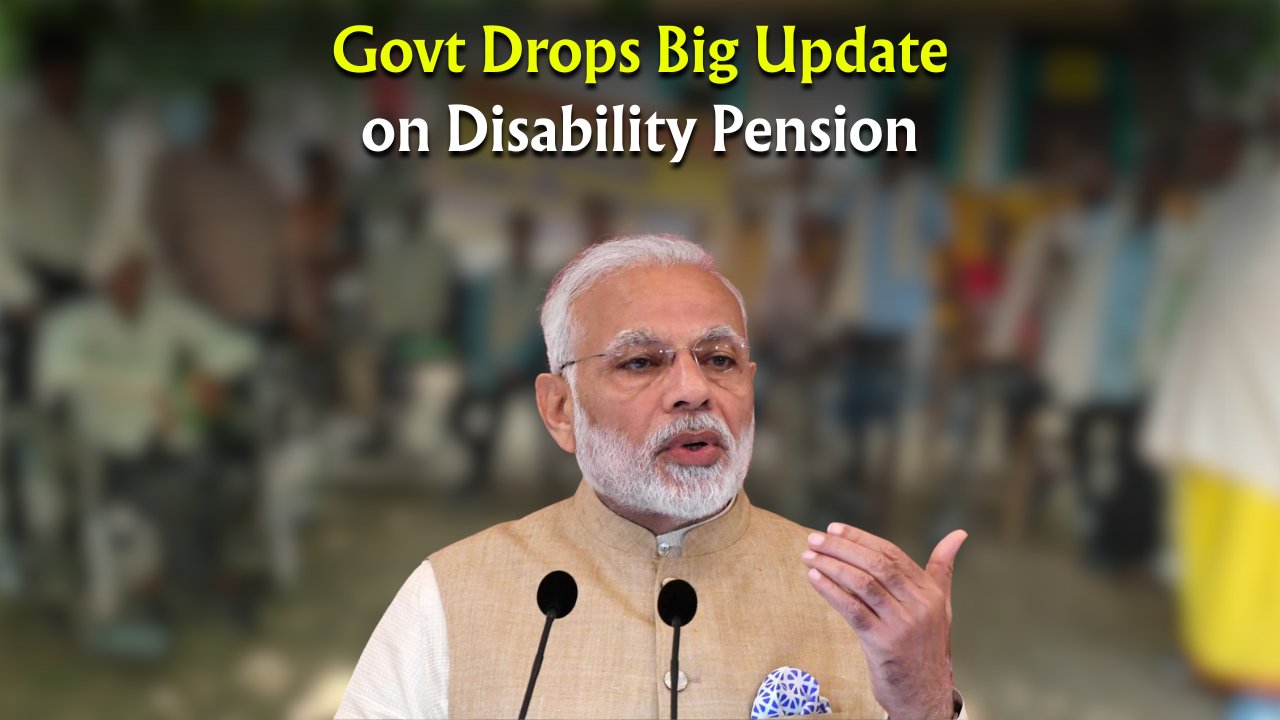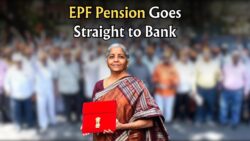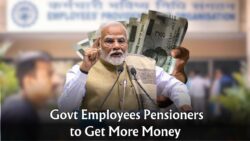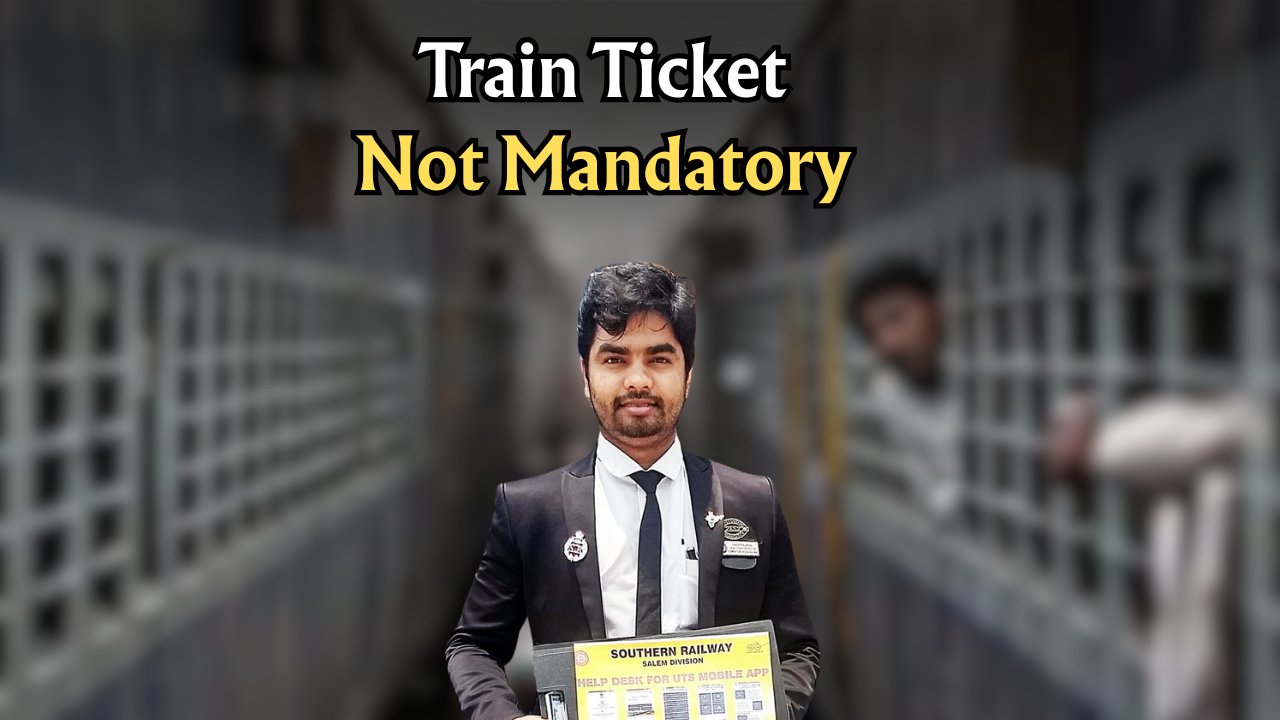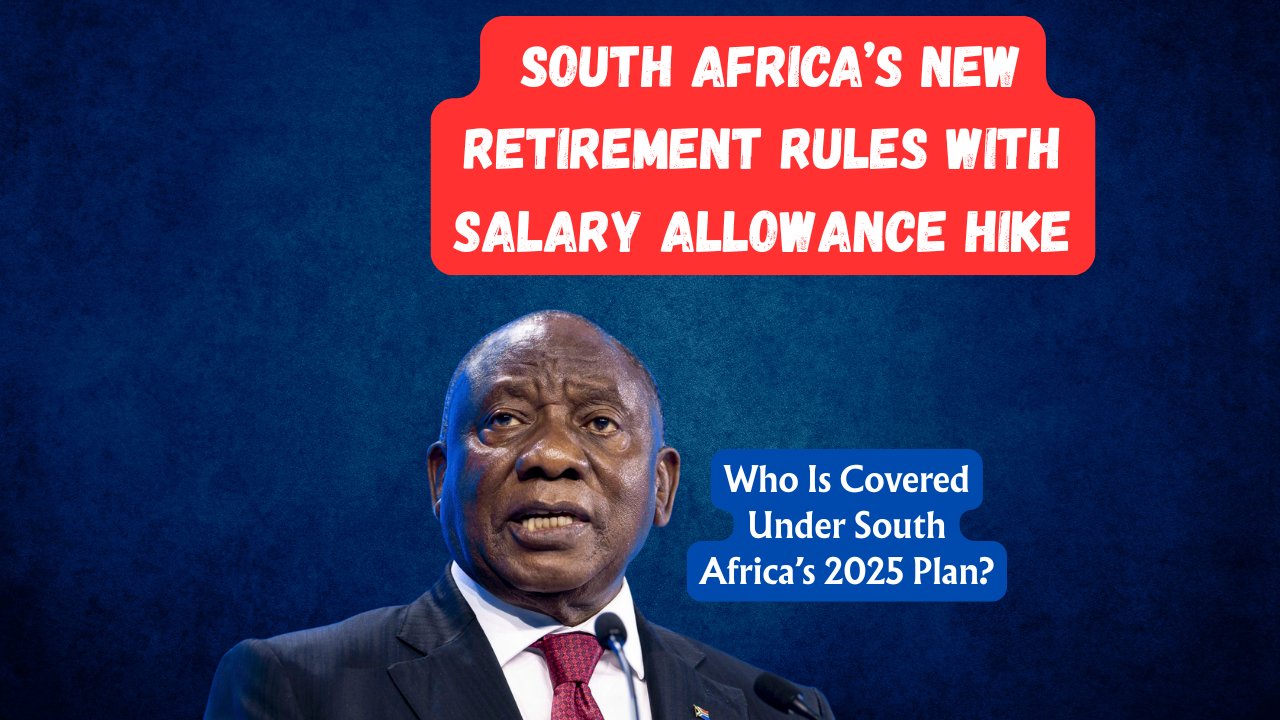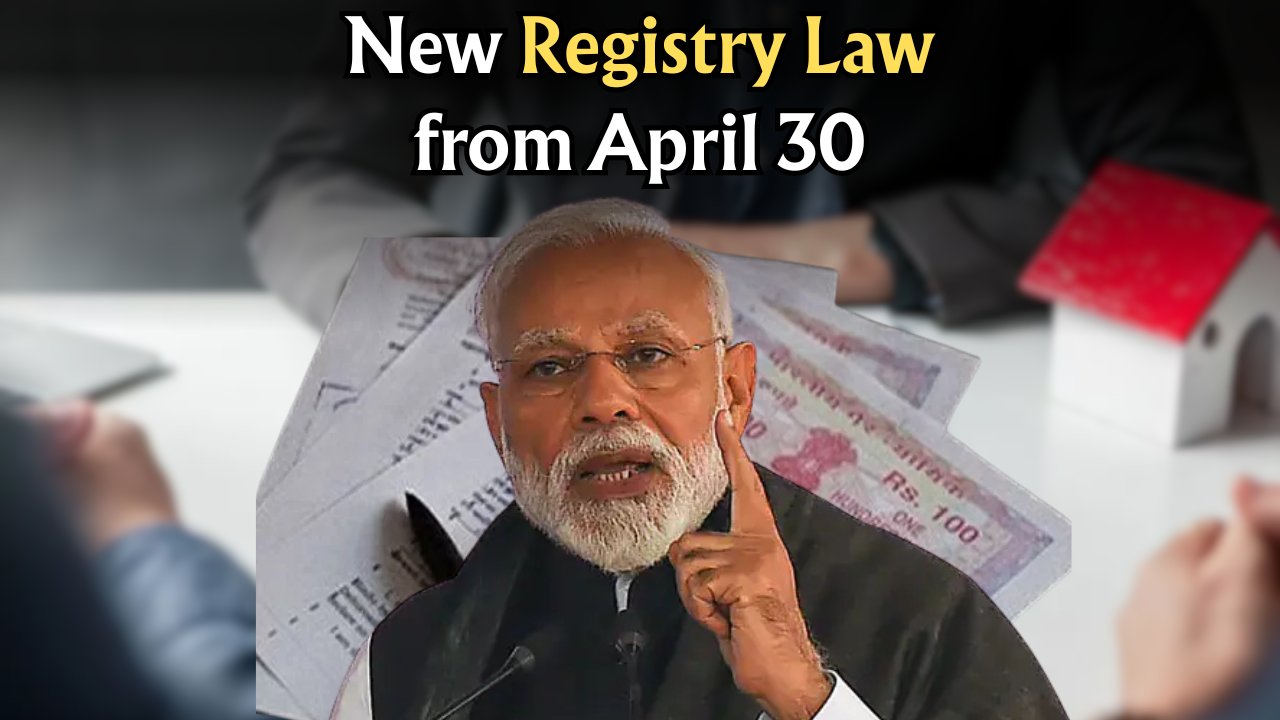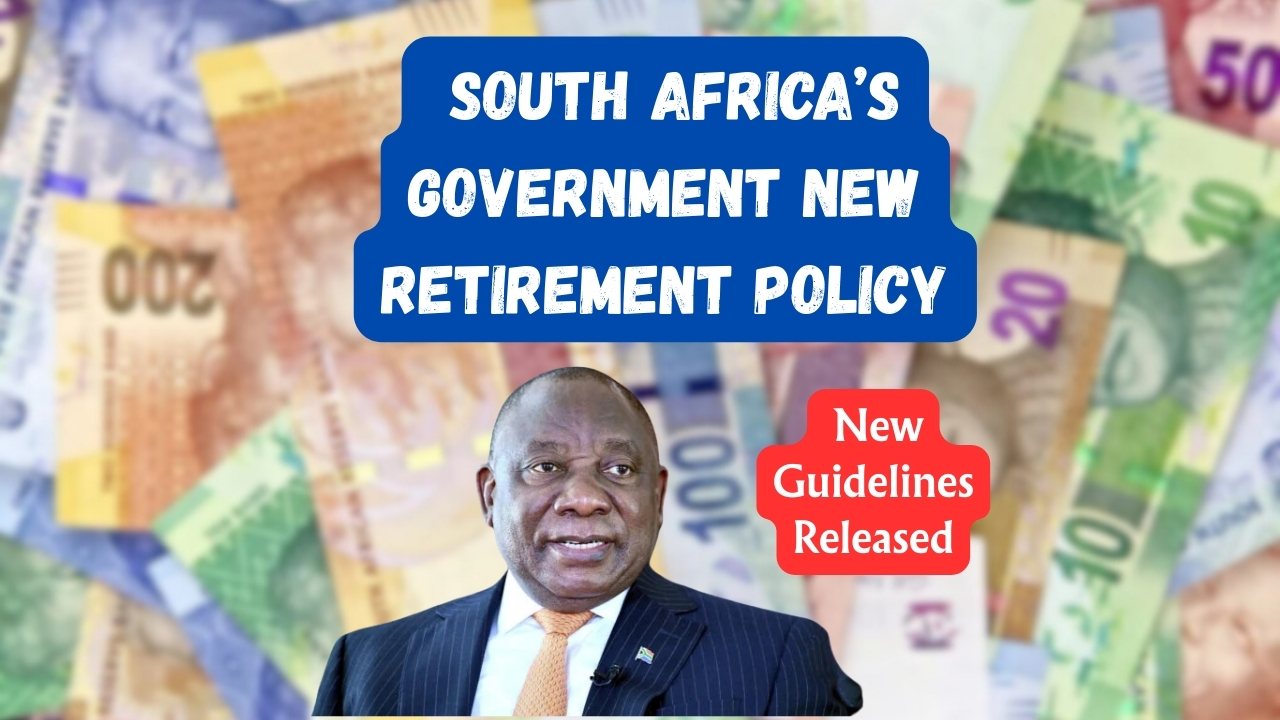Viklaang Pension Yojana : In a major step towards supporting differently-abled citizens, the government has revised the rules under the Viklaang Pension Yojana for 2025. These new rules are aimed at providing better financial assistance, faster disbursal, and additional social benefits. With increasing awareness about inclusion and social justice, these changes promise to bring real improvements in the lives of persons with disabilities (PWDs) across the country.
The article below covers all the important aspects, eligibility criteria, revised benefits, how to apply, and answers common questions related to the scheme.
What is the Viklaang Pension Yojana?
The Viklaang Pension Yojana is a social welfare scheme introduced by state governments to provide monthly financial support to eligible disabled individuals. This scheme helps persons with disabilities meet basic living expenses and ensures some level of financial independence.
Key Features:
- Monthly pension assistance to eligible PWDs
- Additional allowances for severe disability
- Accessible digital application process
- Special provisions for rural and BPL families
Eligibility Criteria for 2025
To avail of the benefits under the revised Viklaang Pension scheme, applicants must meet the following updated eligibility criteria:
- Must be a resident of the respective state
- Disability percentage must be 40% or more (as per medical board certificate)
- Age must be between 18 and 59 years
- Not receiving any other central or state disability pension
- Annual family income should be below ₹1 lakh (in most states)
- Should not be employed in any government or regular income job
Revised Pension Amounts and Allowances
With the new update in 2025, the government has increased the monthly pension and added new categories of benefits. Here’s a look at the revised payment structure:
| Disability Type | Previous Monthly Pension | New Monthly Pension (2025) | Extra Benefits |
|---|---|---|---|
| 40%-59% Disability | ₹500 | ₹750 | None |
| 60%-79% Disability | ₹700 | ₹1000 | Free health check-up |
| 80%-99% Disability | ₹1000 | ₹1500 | Home care allowance |
| 100% Disability | ₹1500 | ₹2000 | Personal assistant aid |
| Mental Disability | ₹1000 | ₹1800 | Therapy aid support |
| Blind/Deaf/Other PWD | ₹700 | ₹1200 | Special equipment aid |
| BPL PWD (any % level) | ₹1000 | ₹1500 | Priority in ration |
| Rural PWD (any % level) | ₹600 | ₹1000 | Free transportation |
Additional Benefits Introduced
Apart from increased pension amounts, new support features have been introduced:
- Free public transport for eligible persons with disability
- Priority in housing schemes under PMAY and state housing boards
- Subsidized assistive devices like wheelchairs, hearing aids, walkers
- Scholarships and education grants for disabled students
- Skill development and job training programs under government sponsorship
- Telemedicine support for rural and immobile beneficiaries
Application Process – Online and Offline
To make the process easier and inclusive, applications for the Viklaang Pension Yojana can be submitted in two modes:
Online Application:
- Visit the official pension portal of your respective state
- Register with Aadhaar and mobile number
- Upload disability certificate, income proof, bank details
- Submit the form and receive an application number for tracking
Offline Application:
- Visit your nearest Block Office or District Social Welfare Office
- Collect and fill out the application form
- Attach photocopies of required documents
- Submit the form and obtain an acknowledgment slip
Important Documents Required
Make sure to arrange these documents before applying:
- Disability Certificate (issued by a government medical board)
- Aadhaar Card
- Ration Card or BPL Card (if applicable)
- Bank passbook (copy of first page)
- Age proof (Voter ID, PAN Card, or Birth Certificate)
- Income Certificate (issued by Tehsildar or SDO)
- Passport size photograph
State-wise Pension Variations
Though the Viklaang Pension Yojana is implemented in almost every state, the monthly amount and conditions slightly differ. Here’s a quick look at different states’ updated status:
| State | Revised Pension (₹/month) | Special Allowances | Portal/Helpline |
|---|---|---|---|
| Uttar Pradesh | ₹1500 | Free assistive equipment, free bus pass | sspy-up.gov.in |
| Bihar | ₹1000 | BPL priority, rural incentives | edistrict.bihar.gov.in |
| Rajasthan | ₹1250 | Additional rural benefit | rajssp.raj.nic.in |
| Madhya Pradesh | ₹1000 | Personal care aid for 80%+ disability | socialjustice.mp.gov.in |
| Tamil Nadu | ₹1500 | Scholarship support for students | tn.gov.in |
| Maharashtra | ₹1200 | Therapy allowance | sjsa.maharashtra.gov.in |
| Karnataka | ₹1500 | Free transport + home care support | sevasindhu.karnataka.gov.in |
| West Bengal | ₹1000 | Mental disability support | wb.gov.in |
Common Reasons for Rejection
Applicants often face delays or rejections due to the following:
- Missing or invalid disability certificate
- Incomplete application form
- Income above the threshold limit
- Age criteria not met
- Duplicate benefit claim in same household
Tips for Successful Approval
- Double-check document clarity and accuracy
- Use updated income and disability certificates
- Track application status regularly
- Visit local welfare office for queries and corrections
- Get help from Gram Panchayat or social workers if needed
Government’s Vision Behind the Changes
The revised Viklaang Pension rules reflect the government’s commitment to social equity, accessibility, and dignity for persons with disabilities. With better financial aid and support infrastructure, the goal is to create an inclusive environment that allows differently-abled citizens to live independently and with respect.
The 2025 update to the Viklaang Pension Yojana is a progressive move that widens support for disabled individuals in India. From increased pension payouts to added benefits like transportation and home care assistance, the scheme now provides a more holistic support system. Eligible individuals and families should stay informed and take timely action to avail the benefits.
This article is intended for informational purposes only. Readers are advised to refer to the official government portals of their respective states for the latest updates and application guidelines.
